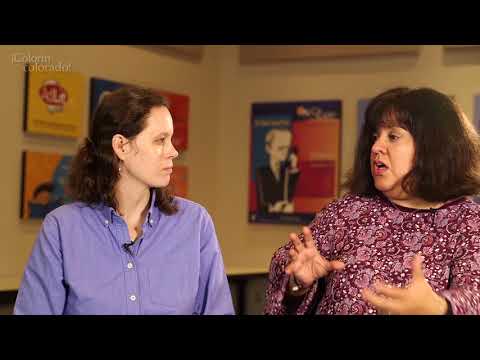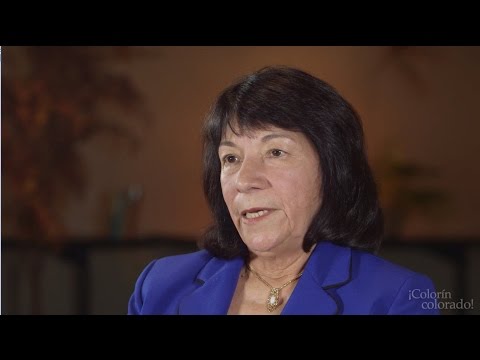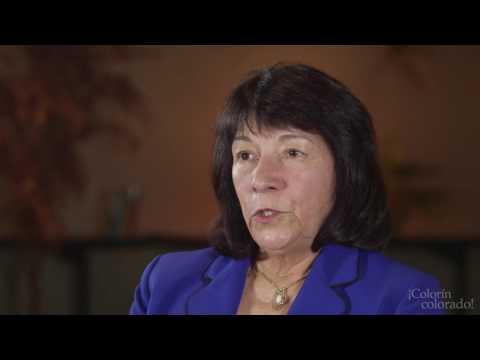Special Education and ELLs: Partnering with Parents

Like all parents, the parents of English language learners (ELLs) are a valuable source of information regarding their children's strengths, challenges, educational background, and behavior at home. Learn more about what kinds of information parents can provide and how to communicate effectively with ELL families around questions of special education.
Featured Articles
- Special Education and Your Child: FAQs for Multilingual Families
- English Language Learners in Special Education: How to Partner With Your Students' Families
- Introduction: Strategies for Engaging ELL Families
- What are My Choices? Facilitating Meaningful Conversations with Families of Culturally and Linguistically Diverse Students during the Disabilities Referral Process
- 6 Strategies for Partnering With Families of English Language Learners
Related Video
Recommended Resources
From the Field
- Supporting Latinx Families in Special Education Decisions (ASCD)
- United Action for Improving Academic Outcomes of ELLs with Disabilities (Impact: University of Minnesota, 2013)
- Advocating for Your Child: Tips for Families of English Language Learners with Disabilities (Impact: University of Minnesota, 2013)
Center for Parent Information and Resources
The CPIR is the new home to many of the bilingual resources developed by NICHCY, the National Dissemination Center for Children with Disabilities. These include:
- Tools to Empower Spanish-Speaking Parents
- OSEP English to Spanish Translation Glossary
- IDEA: The Individuals with Disabilities Education Act Overview
- Key Terms to Know in Special Education
- Categories of Disability Under IDEA
- Fact Sheets on Specific Disabilities
- All About the IEP
Wisconsin Collaborating Partners
How to Use Interpreters Effectively (Ages Birth - Five, but applicable for all ages)
- Part I: Clarifies misconceptions about who makes a good interpreter and the difference between an interpreter and a translator
- Part II: Discusses the importance of meeting with the interpreter before meeting with parents or caregivers and establishing guidelines for the interpretation process
Understood.org: Special Services

For more great bilingual resources, take a look at the Special Services section from Understood.org, a social impact organization dedicated to helping the 1 in 5 Americans who learn and think differently thrive at home, in school, at work, and in life.
Acknowledgements
This resource section was made possible through our partnership with the National Education Association. Additional support was provided by the American Federation of Teachers.











